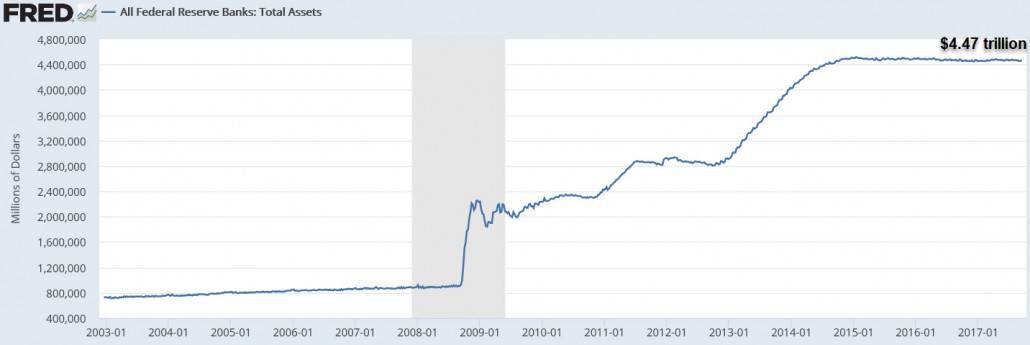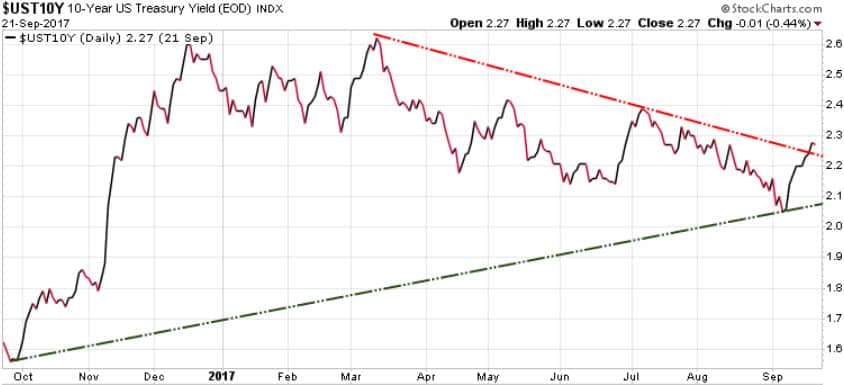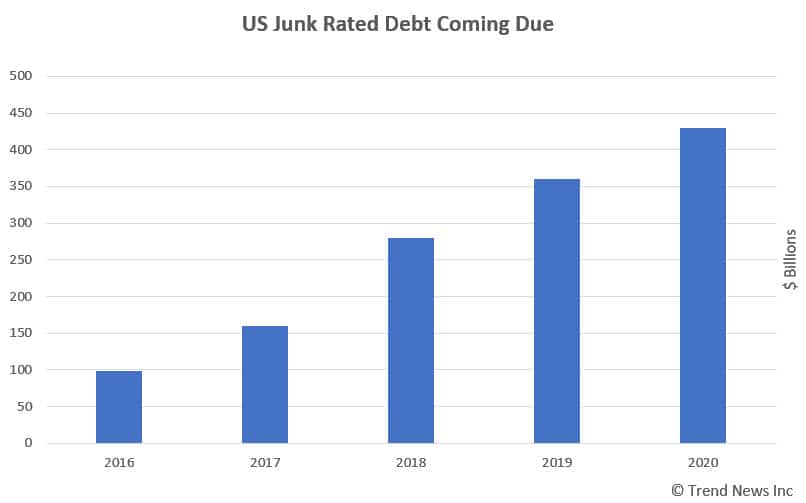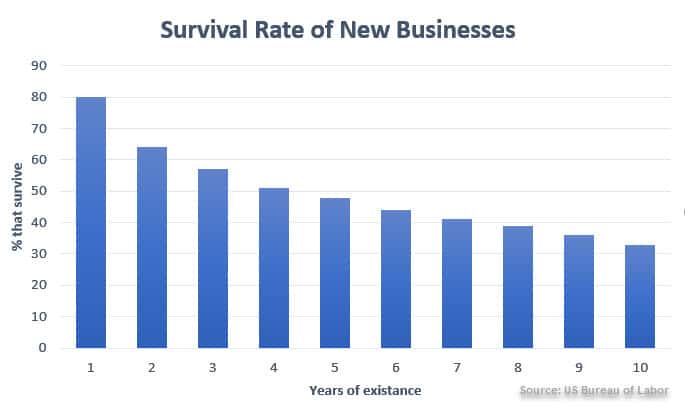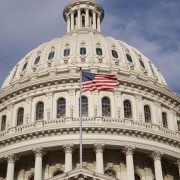If you have bought a new car in the last couple of years, you may be shocked at how much data it is collecting about you. Of course it is not just cars that are collecting personal data, but any device that is connected to the internet has the potential to become a spy, even if its original purpose was harmless.
Most people who purchase the Google Home or Amazon’s Echo devices are aware that these devices are tracking and recording what is being said in their home. But do owners of new cars understand how much of their personal data is being tracked and recorded? Users typically agree to be tracked and monitored by checking off a box on one of the user agreement forms needed to register a car’s in-dash system or a navigation app. In most cases, the driver must agree to such terms to use the app or service.
Newer cars can now track phone calls and texts, log queries to websites, record what radio stations you listen to — even record when you are breaking the law by exceeding the speed limit. While most consumers appreciate how these abilities can enhance their lives and driving experiences, most are likely unaware of how all this data is being used, and by who.
Police, automakers, insurance companies, retailers, and many other groups are eager to leverage this information. As we move into the self-drivng cars, they will want to track even more. Adobe just announced new services unveiled today to help businesses analyze data from web-enabled autos. Adobe will provide analytics, marketing features, and help automate audio ads, enhanced by the company’s artificial intelligence feature called Sensei.
From Adobe …”With the new analytics service, companies can capture behavior signals in the vehicle, such as song selections or voice interactions with the infotainment systems. This could then help better personalize what driver or passenger sees or hears in their vehicles—such as an offer from a restaurant or a discount at the hair salon, based on navigation data.”
There are many valuable services where drivers are willing to trade their data, such as live traffic services like Inrix, that can save a driver hours of time in exchange for sharing location and speed information. There are also products like Autobrain, that offers connected car services, like car diagnostics, via a dongle that plugs into a car.
Insurance companies are now offering discounts to drivers who use their apps that can record driver behaviors such as speed, braking , and if the driver is holding the phone or using Bluetooth.
“We give value back to the customer,” said Mariel Devesa, Farmers’ head of product innovation, noting that drivers can save up to 13 percent on their insurance based on their habits. “And they can improve as drivers by seeing their scores.”
While there are definite benefits to the consumers, there are a lot of groups anxious to get hold of this data. Companies are now trading information collected from multiple sources, including cars, to reveal travel and buying patterns. Aggregated information can be purchased from navigation companies, for example, and combined with other so-called anonymized information from dating apps to identify the habits of a specific demographic.
“We can tell who’s on the road, where they live, how frequently they make this trip, and whether or not they are on vacation,” said Laura Schewel, founder of StreetLight Data, which provides such information to clients like urban planners and retailers.
As for privacy, don’t be looking for the courts to protect you. As reported in Forbes, the government has a solid argument in noting drivers’ right to privacy does not stand where they consent to using services like OnStar that rely on tracking to work effectively. As a SiriusXM spokesperson told Forbes “all customers agree to the terms and conditions, and the privacy policy, of the service when they sign up”.
Sources: NY Times, Bloomberg, Forbes



